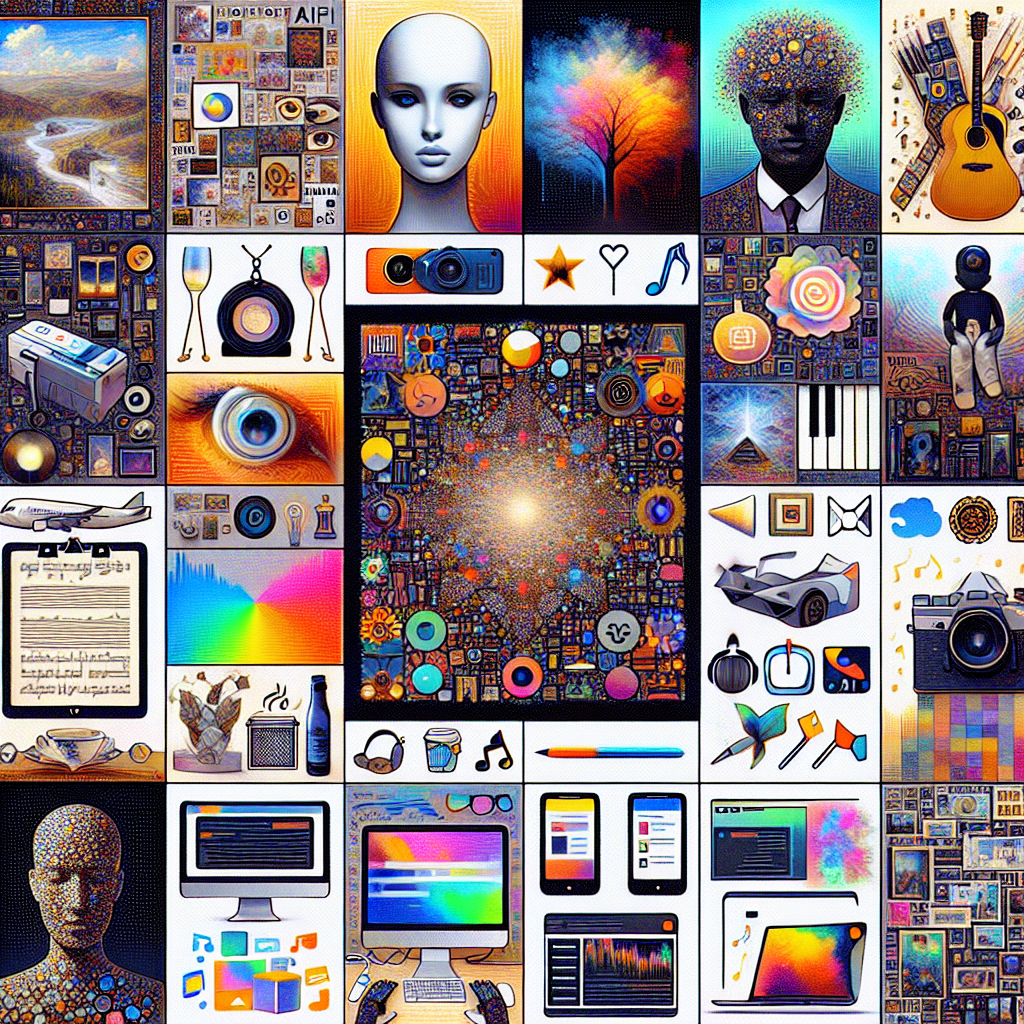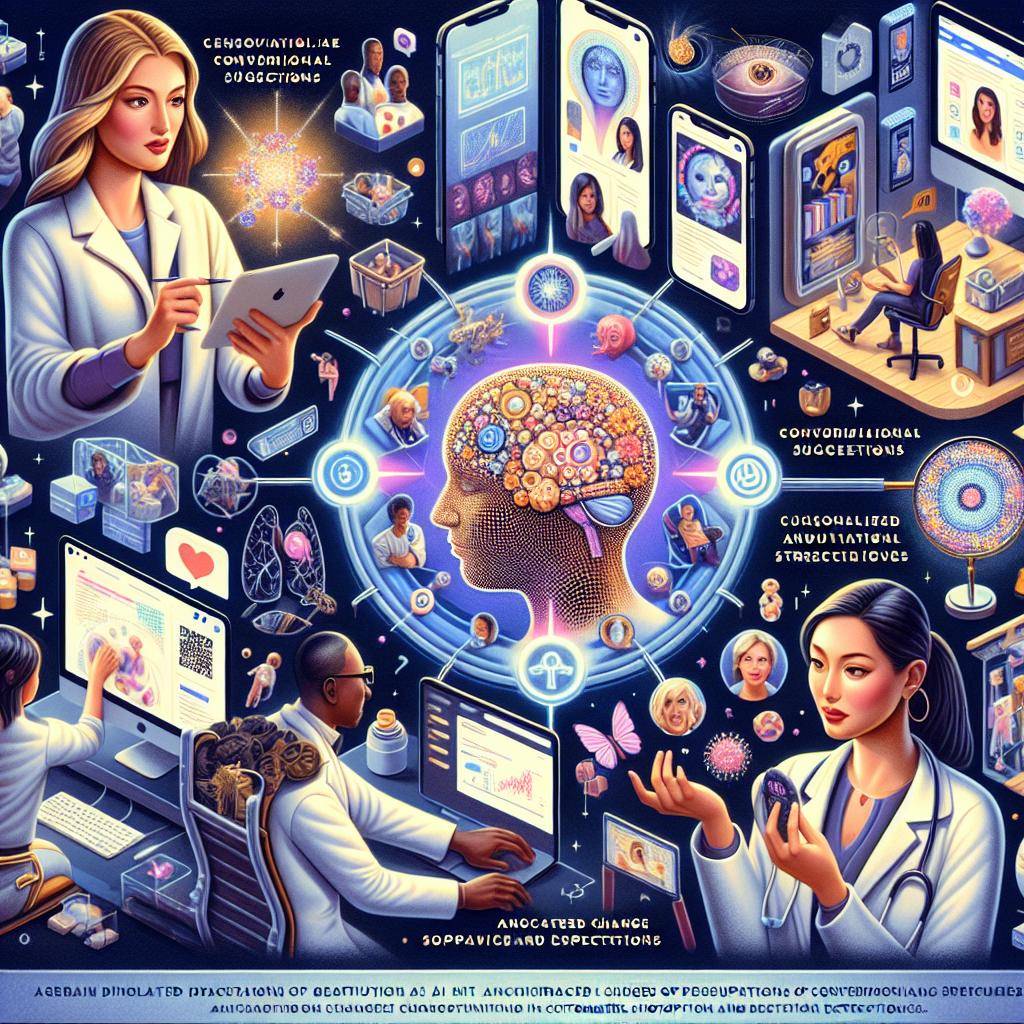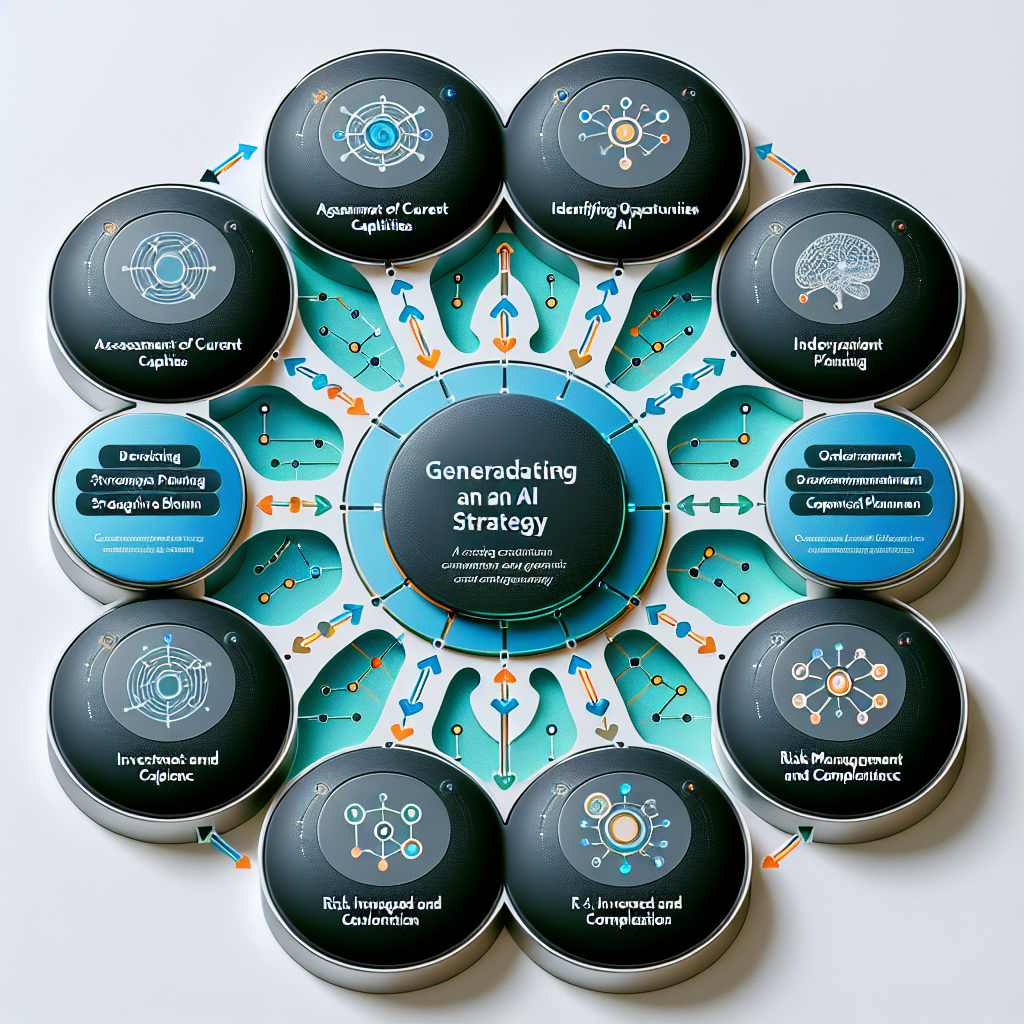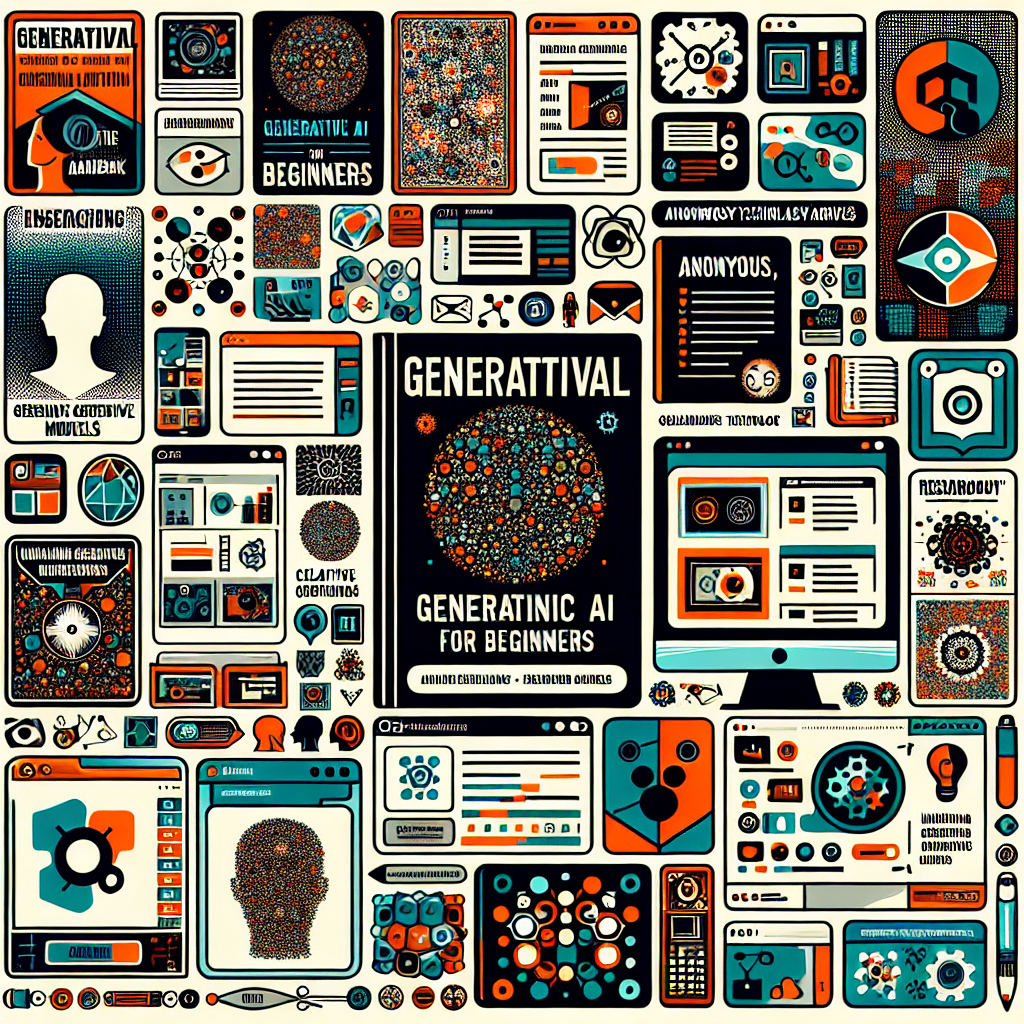Generative AI: Unlocking the Potential of Artificial Intelligence

Definition and History
Generative AI is a subset of artificial intelligence that uses machine learning models to create new content resembling human-generated work.
It has its roots in the field of deep learning and has seen significant advancements in recent years.
Market Overview
The generative AI market is experiencing rapid growth, with a projected value of $X billion by 2025.
Industries such as gaming, design, and entertainment are adopting generative AI technologies to enhance creativity and productivity.
Business Models
- Licensing AI models to businesses
- Offering generative AI as a service
- Developing and selling AI-powered products
Use Cases
- Art and Design
- Content Generation
- Virtual Reality
- Music Composition
Building a Generative AI Business
- Identify target industries and applications
- Develop robust machine learning models
- Build partnerships and collaborations
- Provide ongoing support and updates
Challenges and Considerations
- Data privacy and ethics
- Intellectual property rights
- Algorithm bias and fairness
- Regulatory compliance
Case Studies
Example 1: AI-generated artwork showcased in prestigious galleries
Example 2: AI-powered music composition platform used by renowned musicians
Future Outlook
The future of generative AI holds immense potential for innovation and disruption across various industries.
Advancements in deep learning and neural networks will continue to push the boundaries of what generative AI can achieve.
Q&A Session
Open the floor for questions and engage with the audience.
Conclusion
Generative AI is revolutionizing the way we create and interact with content.
Explore the potential of generative AI in your own field and stay ahead of the curve.
Contact us at info@generativeai.com for further inquiries.













